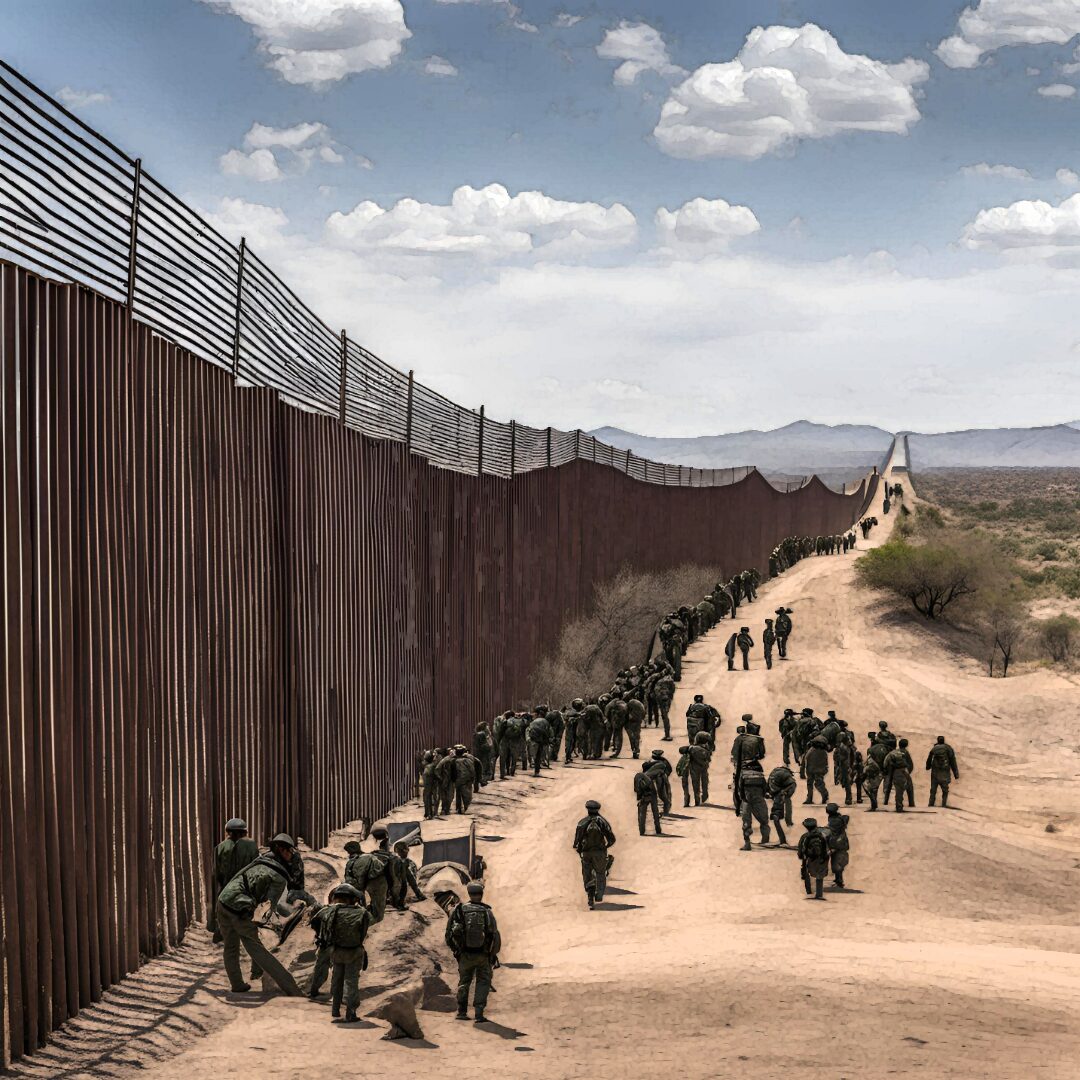President-elect Donald Trump’s ambitious plans to secure US borders have sparked intense debate, with proposals ranging from mass deportations to expanding the border wall. Trump has promised to completely remake the US government and wield new power as president, particularly in the realm of immigration policy.
Mass Deportation and Economic Impact
The mass deportation initiative, a cornerstone of Trump’s border security plan, aims to remove approximately 11 million undocumented immigrants from the United States 12.
This ambitious proposal prioritizes the deportation of individuals with criminal records and those without legal status. However, the plan faces significant challenges and potential consequences:
- Economic disruption due to sudden workforce removals in sectors heavily reliant on immigrant labor 3
- Risk of family separations, particularly affecting mixed-status families with U.S. citizen children 4
- Substantial financial costs associated with implementing such a large-scale operation 2
- Potential use of military and local law enforcement for deportations, raising concerns about civil liberties 5
The scale and complexity of this proposed initiative have led experts to caution that mass deportation is more complicated than campaign promises suggest, with far-reaching implications for communities across the country 23.
Border Wall Expansion Challenges
The proposed expansion of the border wall faces significant challenges and potential consequences. While Trump aims to complete construction along the US-Mexico border, redirecting military funding for this purpose, critics argue that the project may have limited effectiveness as a comprehensive migration deterrent 12.
Environmental concerns have been raised, as the wall could disrupt natural landscapes and ecosystems. Additionally, the initiative faces substantial financial hurdles, with high construction and ongoing maintenance costs. Despite these challenges, the wall remains a central component of Trump’s border security strategy, symbolizing his commitment to a physical barrier as a means of controlling immigration 3.
Enhanced Border Patrol Resources
The plan to bolster Border Patrol resources includes hiring 10,000 additional agents, potentially increasing the force by approximately 50%. 1
This expansion aims to enhance border security through increased personnel and improved recruitment strategies, including pay raises and bonuses. However, the initiative faces significant challenges:
- Substantial funding requirements for new hires and salary increases
- Potential difficulties in recruiting qualified personnel in large numbers
- Concerns about the increased militarization of border regions
- Possible strain on training resources to maintain quality standards
Critics argue that such a rapid expansion could lead to inadequate vetting and training, potentially compromising the effectiveness and integrity of border operations. 2
Birthright Citizenship Debate
The proposal to end birthright citizenship represents a significant shift in U.S. immigration policy. Under this plan, at least one parent would need to be a lawful permanent resident for a child born in the U.S. to automatically receive citizenship. Proponents argue this change could reduce unauthorized immigration and address concerns about “birth tourism”
1. However, the initiative faces substantial legal and constitutional challenges, potentially conflicting with the 14th Amendment’s citizenship clause2. Critics warn of complex implementation issues and the risk of creating a class of stateless individuals born on U.S. soil 3.
What do you think of Trump’s plan to secure the US borders? Do you have any questions, additions or corrections to make about this article? Make a comment below.


Leave a Reply